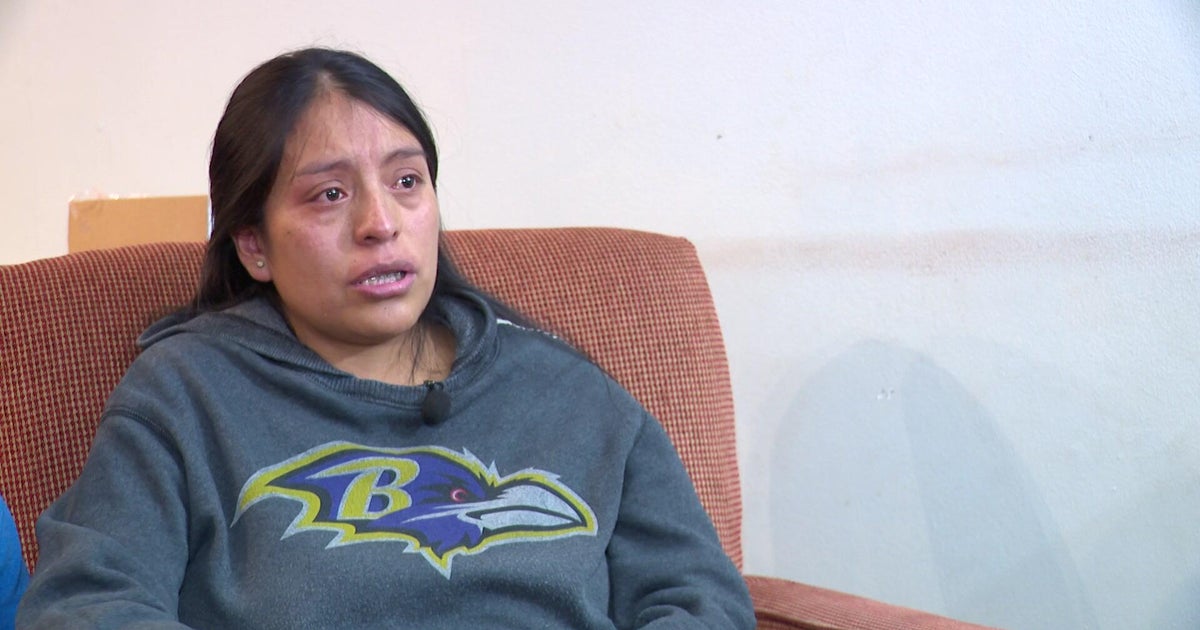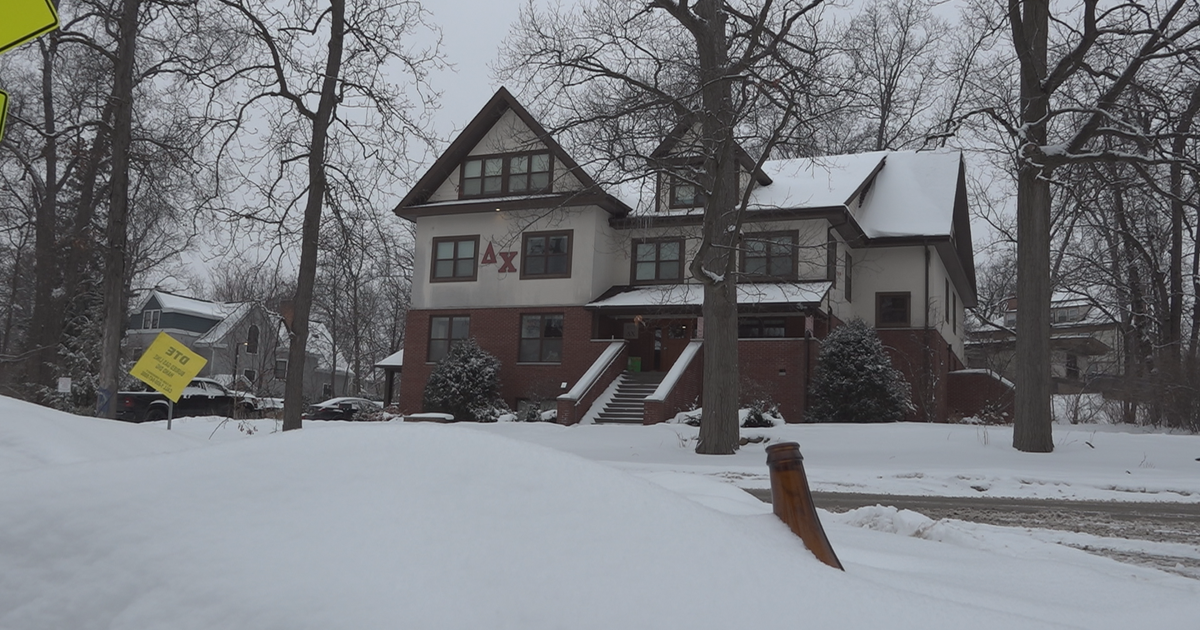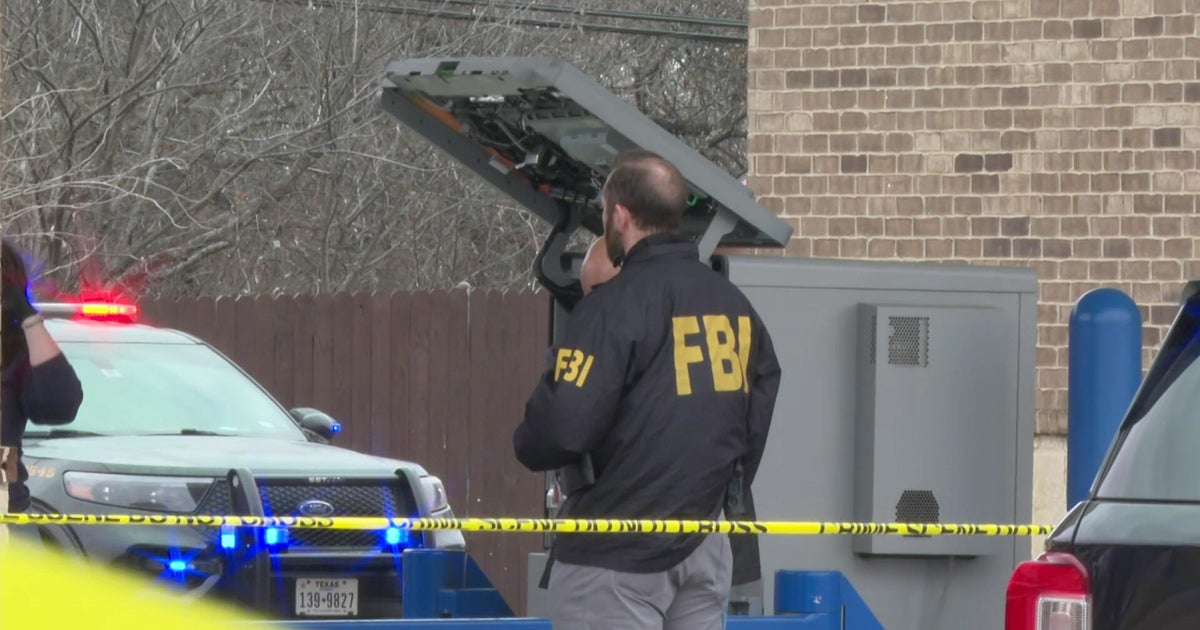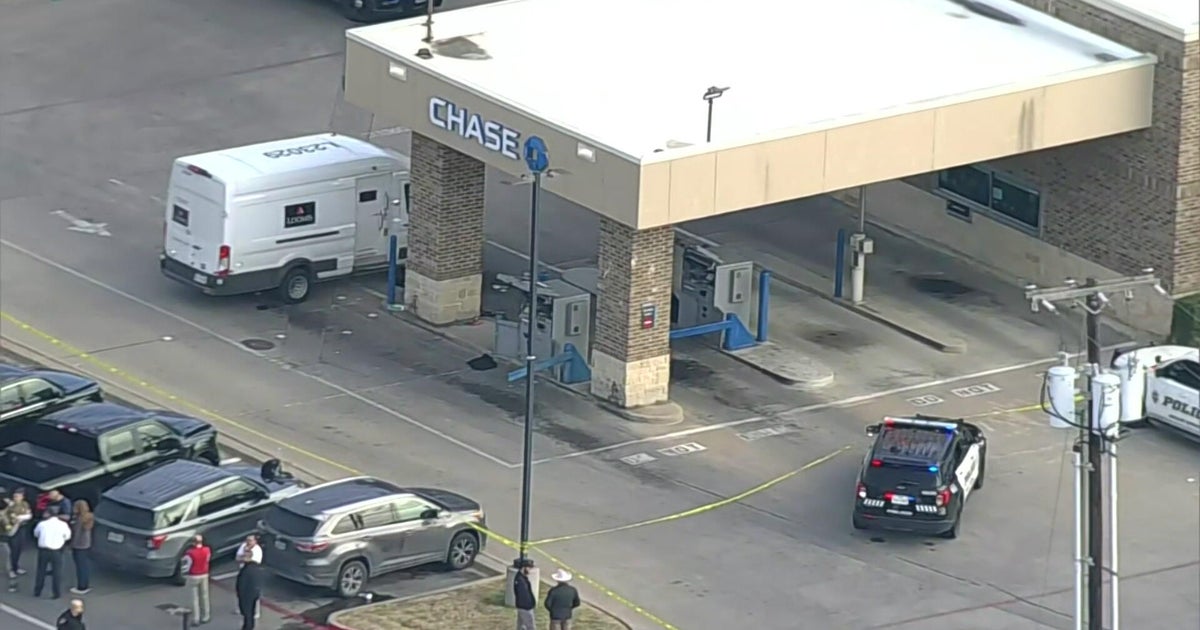Thousands taken from a Chicago lawyer. An expert reveals how simple the scam was
CHICAGO (CBS) – A Chicago lawyer says a stranger used her banking information to help himself to thousands of dollars.
One expert told CBS 2 how it could happen and how others can protect themselves from being victimized.
Ebony Lucas was shocked to find several debits that had no business being in her law firm's bank account.
"We have charges related to filing with the county," she said. "We have charges relating to filing with the sheriff's department."
She wondered where thousands of dollars in charges for home renovation costs came from. As the real estate attorney investigated, she noticed names like "McNary" in the description of some of the unauthorized charges.
"I was like, 'Let me just check and see if this is anybody that's ever emailed me,'" Lucas said.
And she found an email to Mr. McNary, who was part of a September 2023 home sale that never panned out. Lucas said once she sent him routing instructions with her law firm's full routing and bank account numbers, "he disappeared."
Three days later, McNary charged Lucas' account for his vehicle.
Bill Kresse, better known as "Professor Fraud," who teaches at Governors State University in the south suburbs, said, "There's a lot you can do with that little bit of information."
"The easiest way to get the bank routing number and your account number is off of a check," Kresse said.
A stranger can lift someone's routing and account information from those tiny numbers on the bottom of your check, and then settle a bill.
"Boom!" Kresse said. "That's all you need. They can process that payment as if they were given a paper check."
So, short of never writing a check again, how can people protect themselves?
Professor Fraud suggests to sign up for bank alerts.
"Tell them, 'If you see checks over this amount,' or if, whatever the criteria is that the bank allows you to do, you can use that," Kresse said. "Then you immediately would get an alert, then notify the bank, 'No that's a fraudulent check [or] fraudulent transfer. Do not proceed with it.'"
If one does not act immediately, they could end up like Lucas. Chase Bank denied some of her fraud claims, in part, because the transactions she said she didn't make were months old.
"The banks look at it as this: If you have given someone freely your information, then there is no fault on their part," Kresse said. "They're simply doing their job."
Lucas said she couldn't believe how easy it was for someone to use her information and steal her money. She's still fighting to get her law firm's money back.
In order to prevent any more surprising transactions, the banking information she needs for home sales is now provided to trusted customers over the phone.
Kresse's other big piece of advice is to check your bank account a few times a week, even if that means a quick peek just to verify that your balance looks right.
CBS 2 was able to get in touch with the man listed on some of Lucas' bank transactions in the first part of this story.







